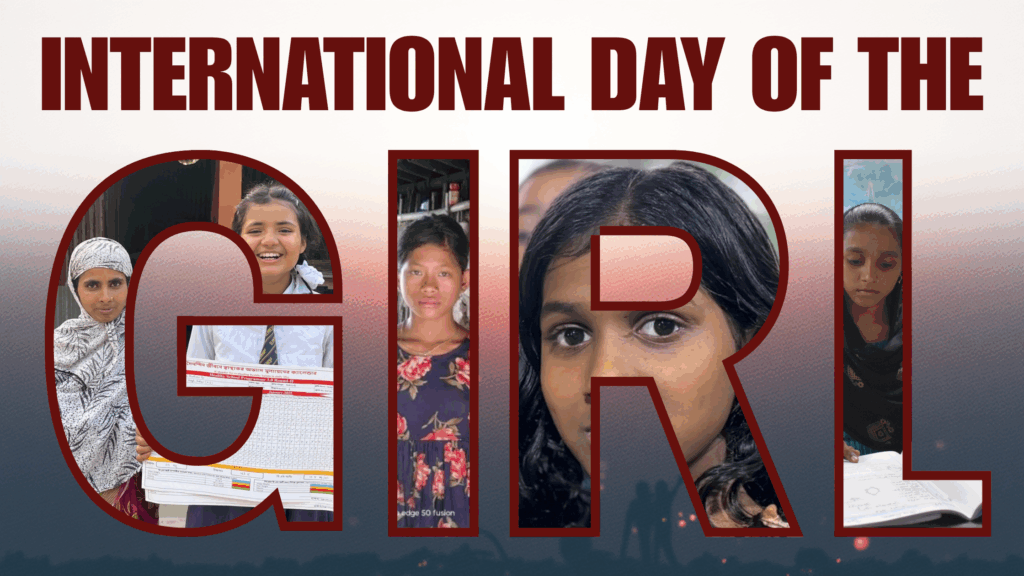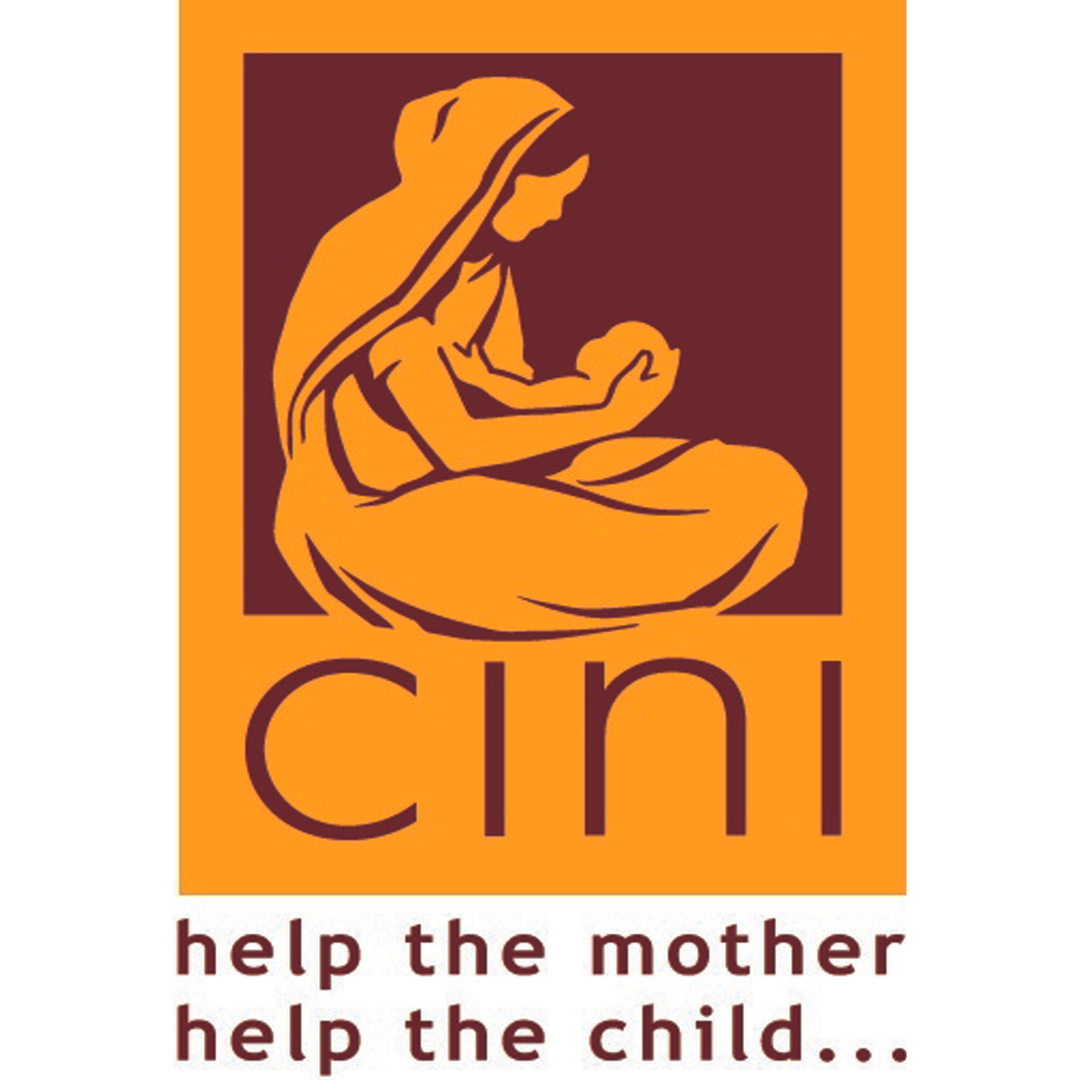
Today we celebrate the International Day of the Girl Child, on Saturday, 11th October 2025. This year’s theme is ‘The Girl I Am, The Change I Lead: Girls on the Frontlines of Crisis’, as decided by girls themselves in collaboration with the UN.
“All around the world, girls are stepping up to meet today’s biggest challenges. They are organising in their communities, fighting for climate justice, demanding an end to violence and reimagining their futures. Girls are asking to be seen not only for the challenges they face, but for who they are and the solutions they bring. Yet, too often, their voices go unheard, their actions ignored, their needs and rights pushed aside.”
— www.unwomen.org
To us, this day represents CINI Australia’s fundamental mission to empower young girls and break the cycle of intergenerational poverty. Our three programs enable the voice of the girl child to be heard. The “CINI Method” creates Child-Friendly Communities and prioritises children’s rights to health, nutrition, education and protection.
Indian Initiative Child Centered HIV Aids Approach (IICCHAA) Project
The IICCHAA project supports children affected by HIV/AIDS, addressing psychosocial distress, health access, nutrition, education, employment, advocacy, and the reduction of stigma and discrimination. Since 2012, we have supported around 220 children per year across three districts.
Child Friendly Communities (CFC)
CFC has made huge strides since its inception. Since 2012, we have expanded from 5 to over 140 villages. The program addresses health, nutrition, education and protection through the empowerment of women and children.
UJJAN
The first phase of the Ujjan program (2021–2024) supported 535 adolescents in their successful transition to adulthood in the Red-Light District of Rambagan, Kolkata. After winning a $20,000 grant from the Meridian Global Foundation last month, our aim is to begin a second phase as soon as we reach our fundraising targets.
Fighting for Ujjan – Why This Program Is So Important
India has a population exceeding 1.2 billion, and West Bengal has 18.2 million adolescents aged 10–19 — almost 20% of its population.
Adolescents in India, especially girls, face challenges that impact their health and wellbeing. These stem from poverty, neglect, gender inequity, and inadequate awareness, knowledge and skills in critical areas such as reproductive and sexual health and nutrition. Malnutrition, anaemia and teen pregnancy contribute to maternal and infant mortality. Alarmingly, 41.4% of girls are married before 18, and 16.4% of girls aged 15–19 experience motherhood or pregnancy.
The Ujjan Project addresses the complex disadvantages faced by adolescents. It empowers them by:
- Building knowledge of sexual and reproductive health and rights, gender-based violence, nutrition, non-communicable diseases, substance abuse and mental health.
- Providing life skills and vocational training to enable self-sufficiency.
- Improving academic achievement and reducing school dropout rates.
- Developing their capacity as leaders to represent their needs within the community.
- Developing a holistic, scalable and sustainable model of gender-sensitive adolescent development with adolescent leadership and community participation.
Ujjan’s powerful intervention transforms potential victims into change-makers. On International Day of the Girl Child, this year’s theme reminds us that when girls are given the tools and confidence to lead, they become powerful agents of change. Across our programs, we see girls standing up for their rights, mentoring their peers, and driving solutions to challenges in their communities — from preventing early marriage to ensuring every child goes to school.
No child, anywhere in the world, should grow up thinking that abuse is normal or that hope is out of reach. If you’re interested in supporting Ujjan, please consider making a donation or contacting us to find out more. We would love to hear from you. Thank you.
